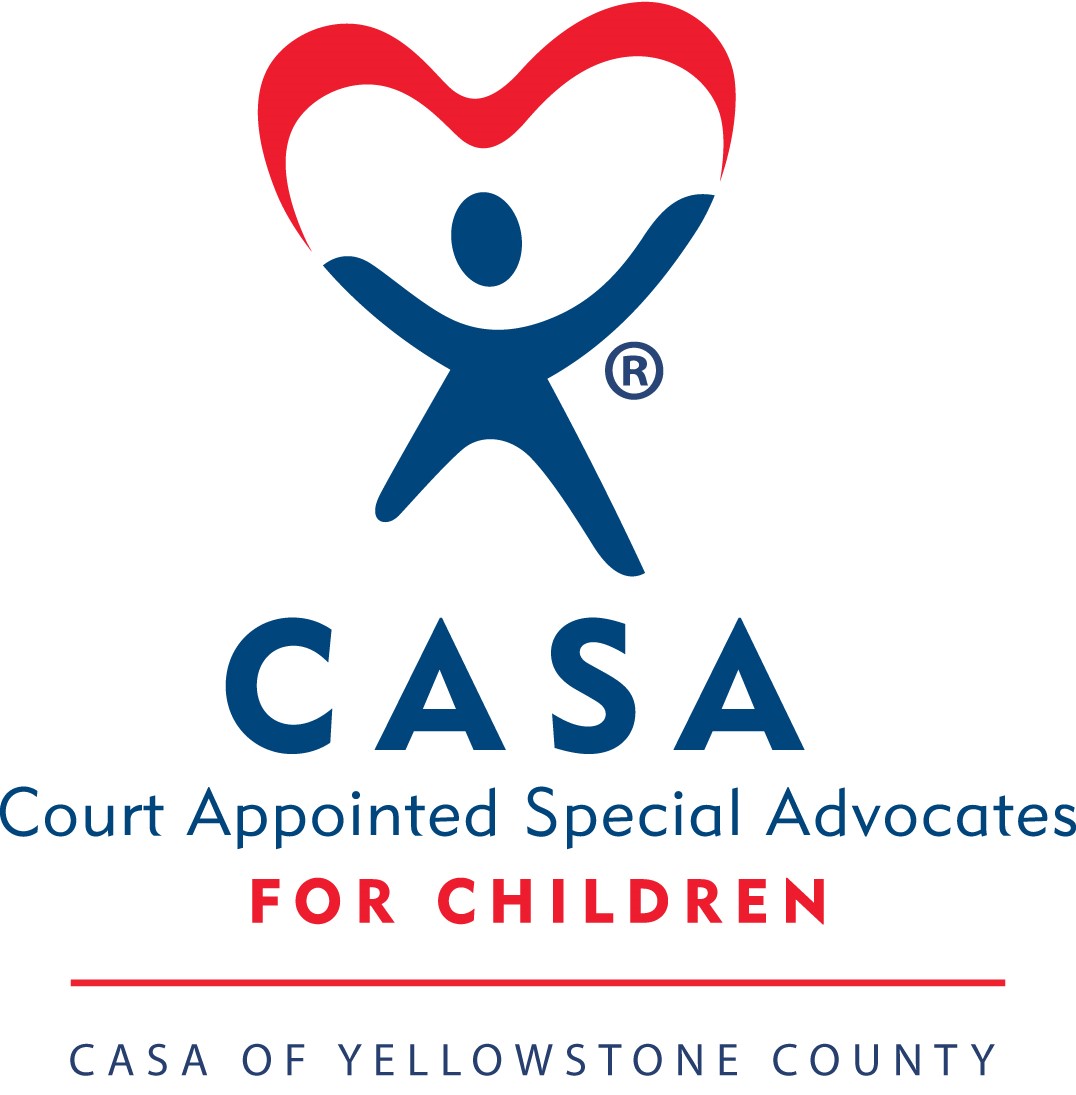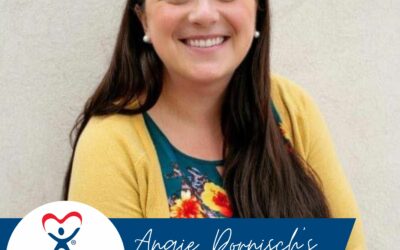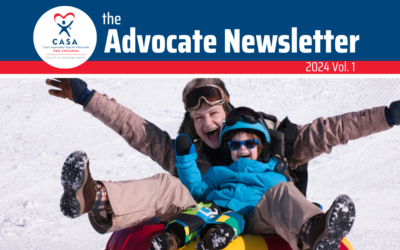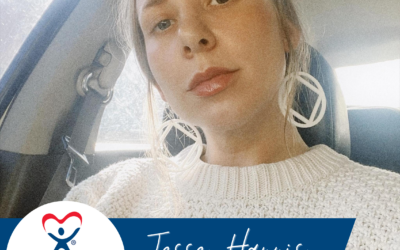
Being in foster care as a child is never a great situation. And by now, I’m sure we’ve all heard the terrible statistics for kids who “age out” of foster care. The kids for whom no permanency was ever found simply turn 18 and are sent off into the adult world to fend for themselves. Most reports state between 20,000-30,000 kids age out every year around the country, and they are categorized federally as Transitional Age Youth. As you can imagine, these kids often lack the life skills to adequately deal with adult life when they turn 18. And really, what 18 year old, even in the best circumstances, has the life skills to successfully navigate adulthood? I’ve seen the phrase a lot, “they grow up all at once when they age out.” It’s an interesting testimony to what we’re asking and expecting of these kids. I think about when I was 18, if I hadn’t had a caring family to hold my hand through those pivotal late teens/early twenties years, I’m not really sure where I would’ve ended up. Likely not in college.
And according to a Casey Family Programs study, only 3% of the kids who age out nationally will end up graduating college, even though over 70% indicated an interest in college. There are tons of other startling statistics on kids who age out including high rates of mental illness, high likelihood of substance abuse, homelessness, incarceration, early parenthood, income instability and the list goes on. The overall outlook for this group is not great. The good news is that many caring, intelligent people have been advocating for decades to do better for these kids. Here are a few local programs that have info and resources for Transitional Age Youth.
https://www.reachhighermontana.org/foster-care/
https://www.tumbleweedprogram.org/about-tumbleweed/chafee-foster-care-independence-program/
The consensus seems to be that by helping foster kids graduate high school and also get into college, they fare better in life than their counterparts. So one of the most helpful things you can do while advocating for a Transitional Age Youth is to motivate and assist them with the college application process. Many college campuses have student support programs targeted at low-income, first generation college students for the sole purpose of helping them get the most out of their college experience and to graduate with a degree. Many even help with job placement and workforce development programs. If you’re assisting a youth with the college process, help them make these types of meaningful connections for their best chances of success.
And did you know that CASA of Yellowstone County is developing a program niche of advocating for older youth? Jasmine Dalrymple has been working with Child & Family Services staff to get Transitional Age Youth onto the CASA priority list and help get Advocates additional resources and training on advocating for older youth. For more info or if you have any questions, reach out to Jasmine.
Keely McCave is the Executive Director of CASA of Yellowstone County.





